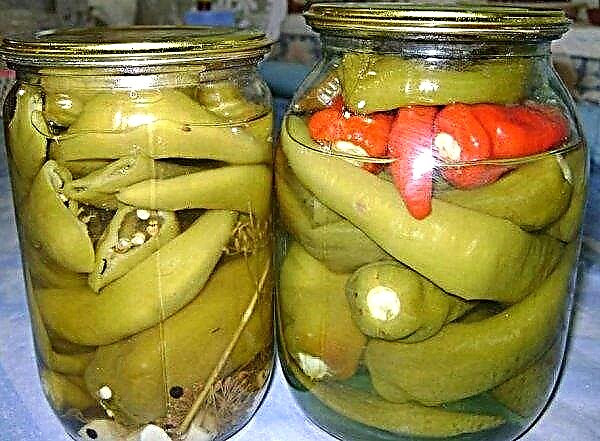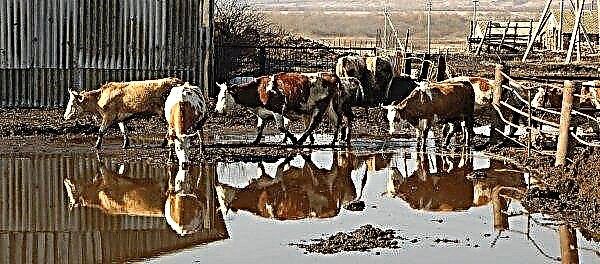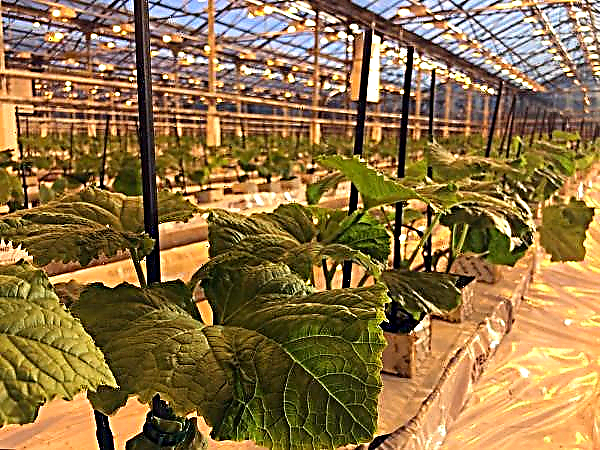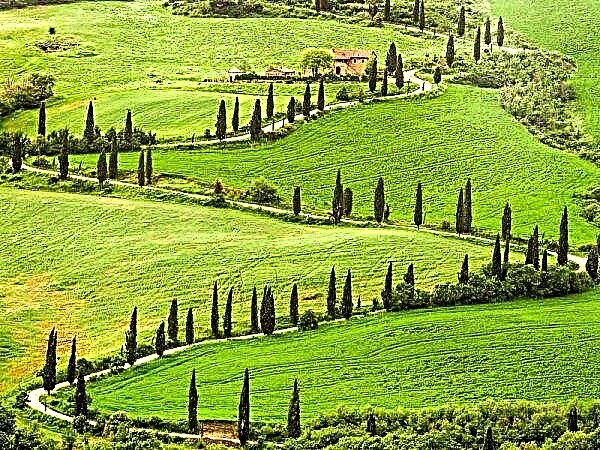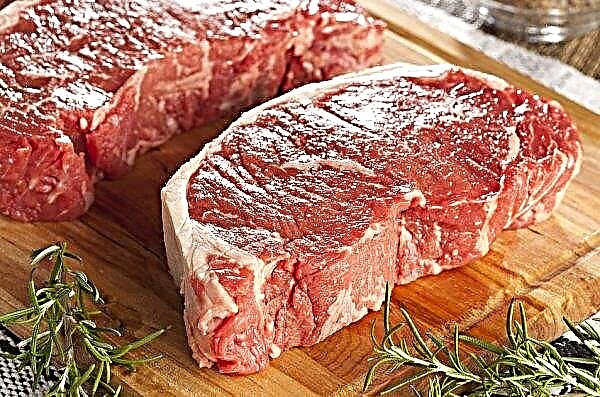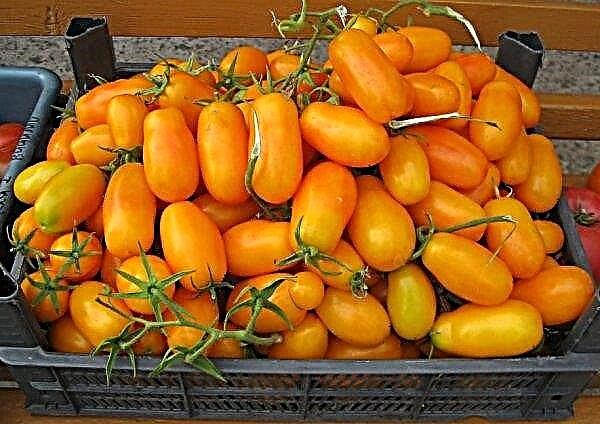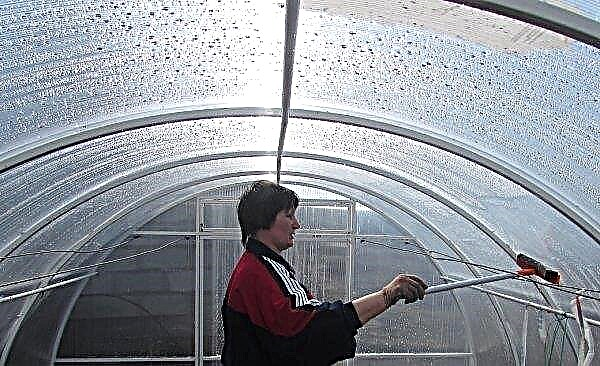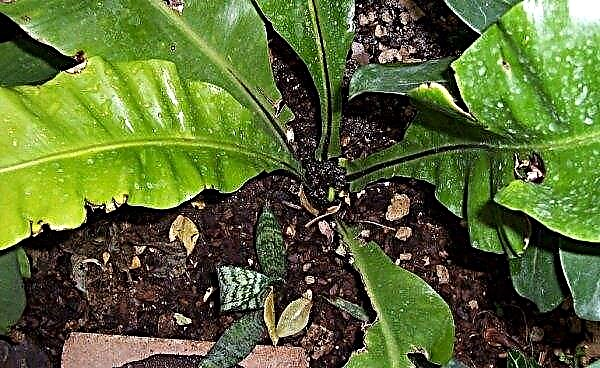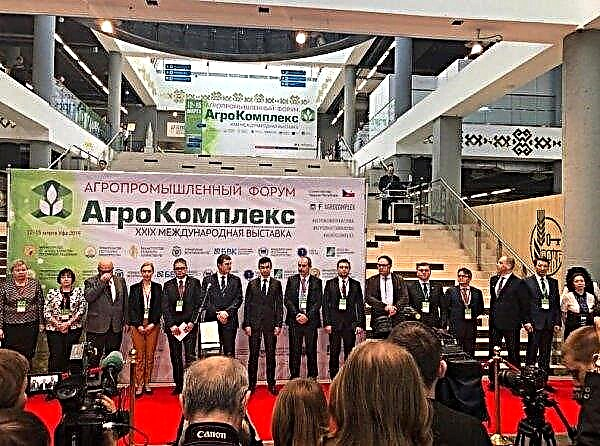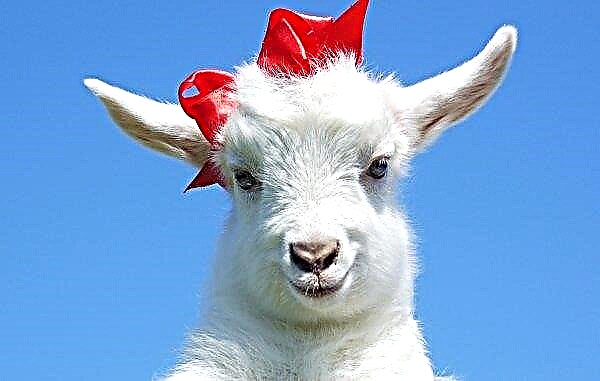The “Code of Good Agricultural Practices for Reducing Ammonia”, developed by the Department of Agriculture, Environment and Agriculture (DAERA) in conjunction with the agricultural industry, defines measures that farmers can take to minimize their emissions of this air pollutant.
According to Wageningen University & Research (WUR), about 90% of ammonia emissions are from agriculture. Its high concentrations are harmful to humans and animals.
In Northern Ireland, 4% of ammonia emissions are from the agricultural sector, and throughout the UK, the province accounts for 12% of ammonia emissions.
Launching the new Code, the Department of Agriculture, Environment and Agriculture stated that reducing ammonia emissions is "one of the key environmental issues facing agriculture."
Norman Fulton, Head of Food and Farming, DAERA, said: “Many farmers have already achieved good results using methods that reduce ammonia emissions, including methods for storing and distributing manure, as well as changes to livestock diets. But we need to do more, and farmers have a great opportunity to help us protect and improve our environment. ”
The country hopes that the new voluntary Code of Good Agricultural Practices to Reduce Ammonia Emissions will help Northern Ireland contribute to the UK’s goals of reducing ammonia emissions by 8% in 2020 and 16% in 2030.

